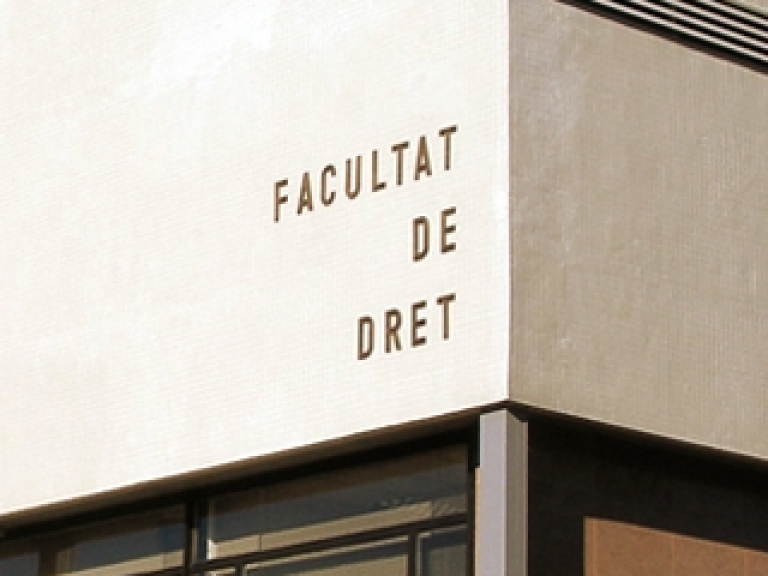C/ Tuset, 20, 4º
08006 Barcelona
SPAIN
Tel. (+34) 93 368 76 68
Fax
info@valls-abogados.es

Do you have questions about VAT refund in Spain?
Conflicts in the international taxation of artists, especially Disc Jockeys (DJs)
04.2016
Certain artists regularly make headlines when tax authorities claim taxes for performances held abroad. Spain provides a relevant case study. A few years ago, the Spanish Tax Administration reviewed the tax filings of several well-known nightclubs or music venues on the Spanish coast that had regularly hired famous foreign DJs. The fees paid per performance were often substantial.
It was discovered that many of these artists had not declared or paid taxes in Spain for their performances, creating a complex conflict that involved four parties: (1) the Spanish nightclub paying for the performance, (2) a non-resident intermediary company contracting the DJs, (3) the artists themselves—usually tax residents of a third country—and, in some cases, (4) the artists’ own personal service companies, generally resident in yet another jurisdiction. The question arises: how should taxation be applied in Spain in such cases?
The first issue is whether Spain has the right to tax the remuneration of these non-resident artists. This depends on the provisions of the relevant Double Taxation Treaty (DTT) between Spain and the artist’s country of residence. DTTs contain a specific article addressing the taxation of artists and athletes. Under Article 17 of the former Spain–Germany DTT, income received directly by an artist from the payer (normally the nightclub) was taxable in Spain. However, in practice, payments were usually made by foreign intermediaries, not directly by the Spanish nightclub. Consequently, that provision did not apply, and the general rule—Article 14 of the same treaty—was invoked, meaning taxation took place in the artist’s country of residence.
Since that DTT dated back to the 1960s, it became evident that revision was necessary because it allowed the source country (Spain) to lose its taxing rights on income generated within its territory. As a result, the OECD Model Tax Convention of 1977 modified this approach. The updated Article 17 established that income derived from an artist’s performance is taxable in the country where the activity occurs (in this case, the country of the nightclub). The goal was to prevent the use of so-called “slave companies”—intermediaries contracting artists abroad to divert taxation. The clause introduced the “deeming rule” or “look-through rule,” implementing a limited form of tax transparency for artistic activities. Nevertheless, some older DTTs still retain the original version of Article 17, including the previous Spain–Germany convention and the current Spain–Netherlands treaty.
During the 1980s and 1990s, many jurisdictions reformed their domestic tax laws to curb triangular operations using intermediary companies in third countries to channel payments to artists. Spain followed suit in 1991, introducing Article 13.1.b.3 of the Non-Resident Income Tax Act, under which Spain taxes income earned by artists performing in Spain, regardless of the place of payment or collection.
With respect to Germany, the situation has since evolved. The new Spain–Germany DTT of 2011 adopted the modern OECD version, under which Article 16 expressly allows Spain to tax the artist’s income regardless of residence, even if payment is made through an intermediary. Interestingly, since different DTTs coexist—some with the old rule and others with the new one—Spain’s taxing rights vary depending on the artist’s country of residence. The Spain–UK DTT already contains the modern clause (Article 16), while the Spain–US DTT (Article 19) includes a particularly detailed version, even providing limited exemptions when annual income does not exceed certain thresholds or when the artist performs through a company in which they hold no management interest.
Once Spain’s right to tax is established, the next question is how taxation is enforced. Initially, the Spanish tax authorities required Spanish nightclubs to withhold tax from payments made to artists. This, however, proved problematic because the payment from the Spanish nightclub to the non-resident intermediary included both the artist’s fee and the intermediary’s profit margin. Under Article 7 of the DTTs, business profits should be taxable only in the country of residence of the intermediary, unless it has a permanent establishment (PE) in Spain as defined in Article 5. In large-scale concert operations managed by foreign promoters, such a PE could exist.
Therefore, the most accurate approach is for the intermediary company to register with the Spanish tax authorities solely for withholding purposes. The intermediary would withhold tax on the payments made to the artists, to the extent that the applicable DTT grants Spain taxing rights. Meanwhile, the intermediary’s own profit from arranging performances remains taxable exclusively in its country of residence, provided no PE is created in Spain.
This system reflects Spain’s alignment with international tax standards by ensuring fair taxation of artistic income generated within its territory while avoiding double taxation and preventing abuse through artificial structures.
++ Article originally published in German in the magazine “Economía” (April 2016), issued by the German Chamber of Commerce in Spain ++
